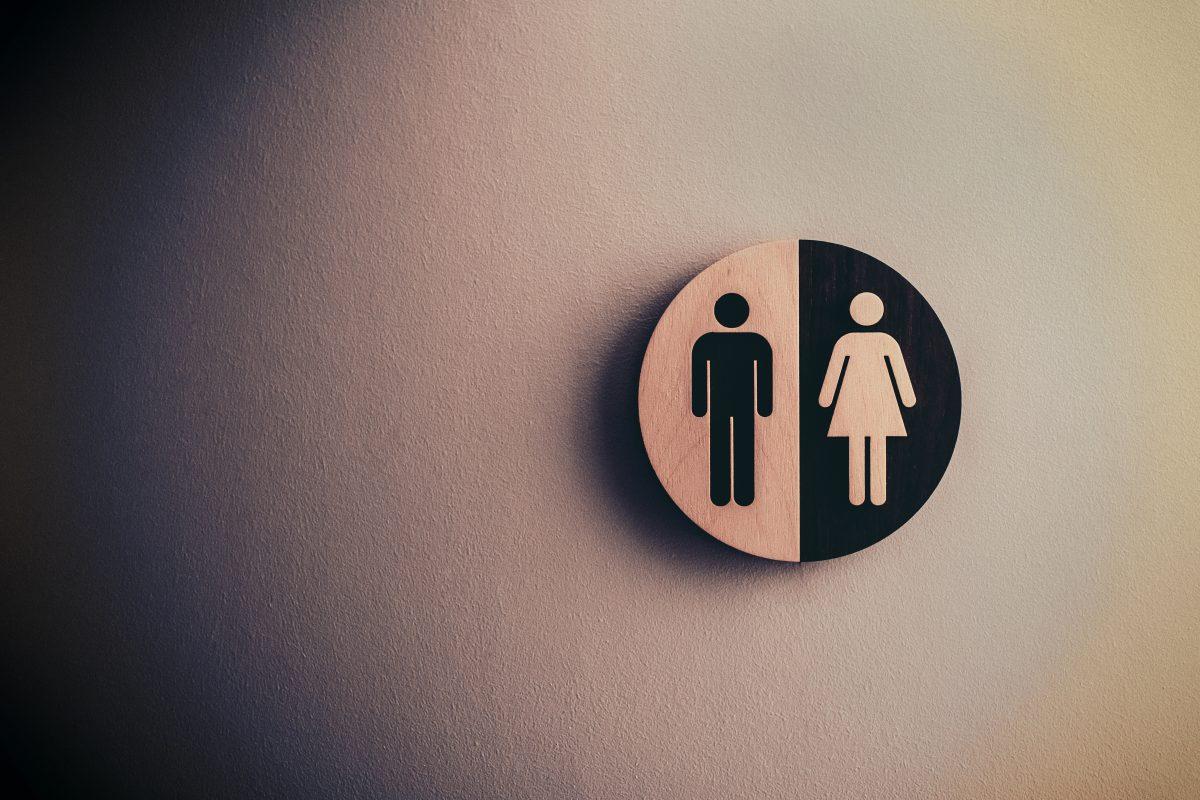From the Fall 1994 semester to Fall 2019 semester, the percentage of women studying at NJIT compared to the total number of students has slowly risen from 16% to nearly 27%, according to data provided by NJIT’s Murray Center for Women in Technology.
Between the Murray Center and NJIT’s Office of Institutional Effectiveness there are many data sources and metrics with which to try to gauge gender diversity. The most popular of these metrics is informally known as the “gender ratio” amongst students, generally expressed as a simple ratio of men to women across campus. Information about gender non-conforming students is not as regularly available.
Dr. Nancy Steffen-Fluhr, Associate Professor of Humanities and the Director of the Murray Center, has been one of the champions of gender diversity at NJIT. At the Murray Center, she helps maintain networks of women students and faculty members. In her time at NJIT, she’s experienced first-hand the changes in how NJIT has approached gender diversity.
One point that Dr. Steffen-Fluhr emphasizes is that when looking at gender diversity data like the figures from the Murray Center and the Office of Institutional Effectiveness, it is not only important to look at institutional data, that being data that spans the entire university, but also at more specific areas of NJIT. “The overall gender numbers are not evenly distributed across the departments or majors,” she explained, giving examples like the undergraduate biology program, which in the Fall 2019 semester was composed of nearly 57% women according to data provided by the office. Of course, this is paired with other majors that consist of fewer women that fall below the institutional ratio.
Continuing to look on the individual degree program level, there are noticeable improvements in diversity for many majors. One such example is the undergraduate computer science program, which saw a jump from 5% women enrollment in Fall 2011 to over 13% women enrollment in Fall 2019. The Ying Wu College of Computing as a whole has seen a rise from 16% women to nearly 22% women within the same time period. That’s still short of other colleges like the Martin Tuchman School of Management which has seen a greater than 30% enrollment of women since 2010.
That 30% number, according to Dr. Steffen-Fluhr, is a “tipping point” where “people start relating to each other more in terms of the other salient information we have about each other as individuals and not in terms of stereotypes.” It’s important, she says, “to move towards 30% and beyond,” because “as we approach this tipping point, we really get a very significant change in the way people interact with each other.”
Of course, a focus on gender diversity goes beyond just the individual departments and majors. Within NJIT’s student life are several women-centric organizations like the Society of Women Engineers and the Women in Computing Society that work to empower women in various STEM majors.
One of the activities that the Women in Computing Society engages in is the annual Grace Hopper Celebration, a conference focused on the research and career interests of women in computing. While the event normally takes place at various venues across the country, this year’s celebration will take place virtually in Sept. 2021.
Another organization, Girl Up, takes time to focus on women empowerment around the globe. Former club president Ayushi Sangoi, a PhD candidate in biomedical engineering, became involved in the group in her freshman year as an undergraduate at NJIT. “It’s a group of passionate individuals who really want to make a change on campus and in the world and it resonated with my values,” said Sangoi, who advises the club’s current executive board during her graduate studies.
Long-term, NJIT is taking several steps to improve diversity, including gender diversity, on-campus. First, they’ve established and are currently hiring for the position of Chief Diversity Officer, who will create and implement policies to promote diversity, equity and inclusion. Additionally, NJIT is creating a comprehensive campus climate survey designed to gather more information about the experiences of campus community members.
Regarding how NJIT is doing so far with gender diversity, Dr. Steffen-Fluhr noted, “I think over the last 10 years certainly, and maybe even more recently, I’ve noticed that my students, at least in general, are much more accepting and strongly supportive of everybody’s self-presentation and of a notion of gender fluidity. [They] are supportive of each other in terms of everybody being who they feel they really are.”

























